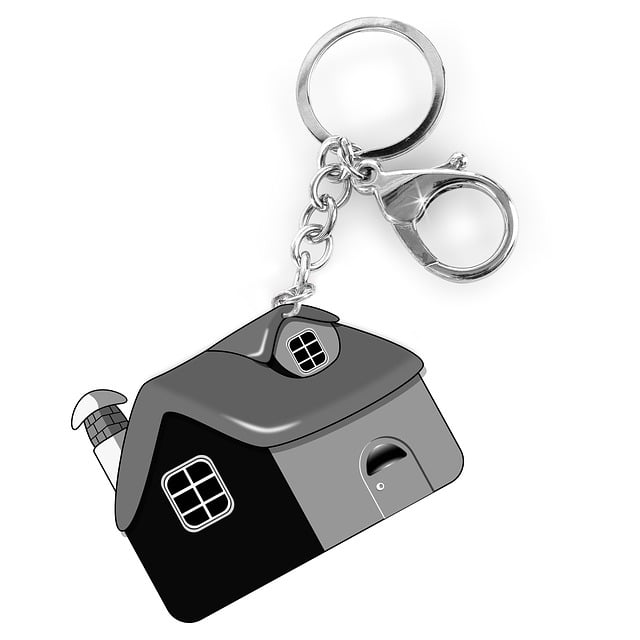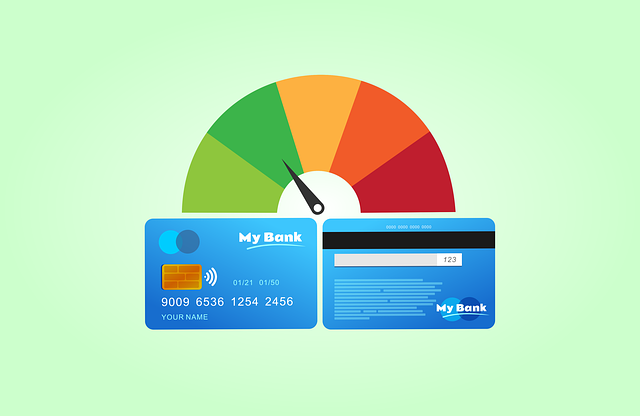Background checks in rental applications are essential for both landlords and tenants. Reference checks, a key component, help uncover red flags like late rent or evictions, ensuring tenant suitability and fostering harmonious relationships. Thorough checks promote fairness, minimize risks, and enhance trust by verifying reliability and responsible conduct, acting as filters in a competitive market.
Understanding the role of reference checks in rental applications is crucial for both landlords and tenants. This process, often involving background checks, serves as a vital tool to ensure safe and reliable tenancy. By verifying information provided by potential renters, landlords can protect their properties and investments, while tenants benefit from living among trustworthy neighbors. This article delves into the importance of reference checks, explores how background checks safeguard both parties, and provides guidance on an effective reference check process, highlighting common red flags to watch for.
- Importance of Reference Checks in Rental Applications
- How Background Checks Protect Landlords and Tenants
- Effective Reference Check Process and Common Red Flags
Importance of Reference Checks in Rental Applications

Reference checks play a pivotal role in the rental application process, serving as crucial background checks that provide invaluable insights into a prospective tenant’s history and character. They offer landlords or property managers an additional layer of assurance beyond what is stated on paper. By verifying information provided in applications, reference checks help uncover potential red flags, such as late rent payments, evictions, or damage to previous properties.
These checks are essential for mitigating risks associated with renting out properties. They allow landlords to make informed decisions by confirming the tenant’s employment status, rental history, and overall reliability. In a market where finding suitable tenants is competitive, reference checks act as a filter, ensuring that both the property and the tenant are a good match, fostering a harmonious rental relationship from the outset.
How Background Checks Protect Landlords and Tenants

Background checks play a pivotal role in rental applications, offering a layer of protection for both landlords and tenants. For landlords, these checks ensure that prospective tenants have a reliable history, minimizing the risk of default on rent payments or causing damage to the property. By verifying employment, income, and previous housing situations, landlords can make more informed decisions about who they rent to, reducing potential losses.
For tenants, background checks provide reassurance that their application is being scrutinized fairly. It allows them to demonstrate their trustworthiness, especially when competing against other applicants. This process helps foster a sense of equality and ensures that responsible tenants are given the same opportunities as others, creating a harmonious rental experience for all parties involved.
Effective Reference Check Process and Common Red Flags

A robust reference check process is an integral part of any thorough background check in rental applications. It involves reaching out to previous landlords or employers, who can provide valuable insights into a potential tenant’s history and character. Effective checks include verifying employment details, rental history, and any red flags that might indicate issues like late payments, damage to property, or behavioral problems.
Common red flags during these checks include inconsistent employment histories, frequent moves without explaining reasons, and negative references from previous landlords. Such indicators may suggest a higher risk of similar issues in the future. Landlords should also pay attention to vague or evasive responses from references, as they could point to potential problems with honesty or accountability on the part of the applicant.






